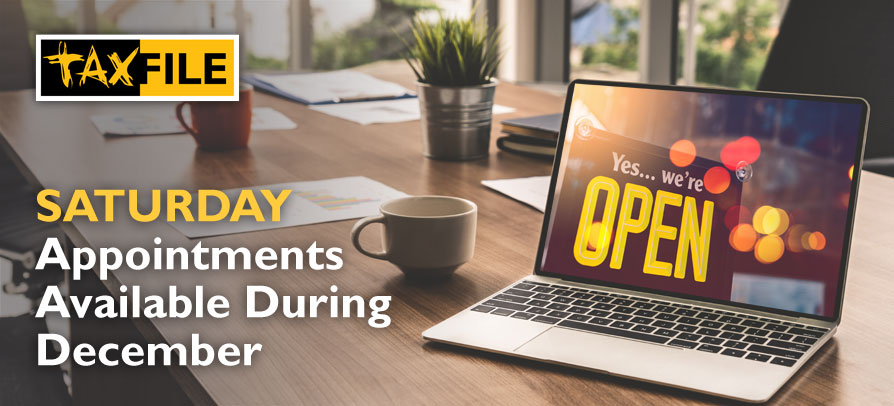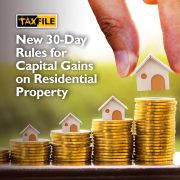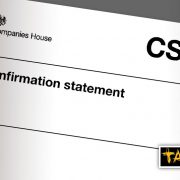Taxfile’s Autumn Newsletter 2021
/in 2021, Accountancy, Accountants, Accounts, Dulwich, Newsletter, Tax, Tax accountant, Tax accountants, Tax advice, Tax advisers, Tax agents, tax experts, Taxes, Taxfile, Tulse Hill/by Mark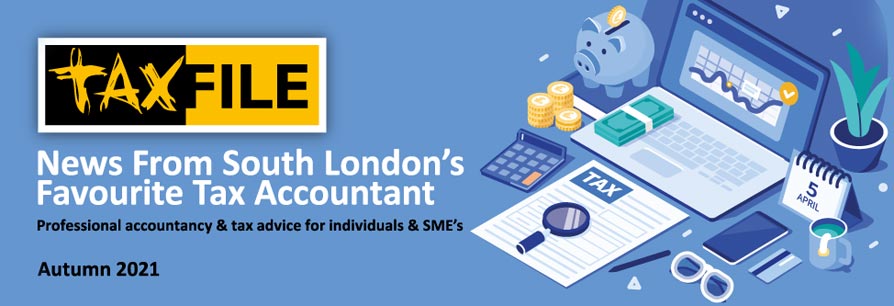
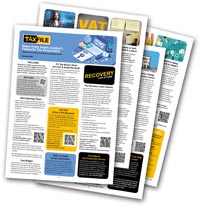 Welcome to Taxfile’s Autumn Newsletter for 2021. One of our biggest yet, it includes useful tax- and accountancy-related news that you need to be aware of, ways to save time or money – and much more. Take a look!
Welcome to Taxfile’s Autumn Newsletter for 2021. One of our biggest yet, it includes useful tax- and accountancy-related news that you need to be aware of, ways to save time or money – and much more. Take a look!
QR Codes
 You’ll find QR codes throughout the newsletter. These are a quick and easy way to access further information about the topic. Assuming you are viewing the newsletter on a desktop device or a printed* version, simply point your mobile camera phone at a QR code and then open the link that pops up. Your mobile’s browser will then take you straight to the information page. Alternatively, we supply simple link URLs to simply tap in.
You’ll find QR codes throughout the newsletter. These are a quick and easy way to access further information about the topic. Assuming you are viewing the newsletter on a desktop device or a printed* version, simply point your mobile camera phone at a QR code and then open the link that pops up. Your mobile’s browser will then take you straight to the information page. Alternatively, we supply simple link URLs to simply tap in.
 Download As an Acrobat PDF & Print Out
Download As an Acrobat PDF & Print Out
* If you’re viewing on a small screen, it may be easier to read if you download the newsletter as an Acrobat PDF so you can print it out at full size (A4). Read more
New 30-Day Rules for Capital Gains on Residential Property
/in 2020, 2021, 2022, Accountancy, Accountants, Annual exempt amount, Buy to let, Capital gains tax, CGT, Dulwich, Furnished Holiday Lettings, HMRC, Holiday lettings, Key dates, Land and property, Landlords, Lettings, property, Property investment, Self-assessment, South London, Tax, Tax advice, Tax advisers, Tax return, Tax returns, Taxes, Taxfile, Tulse Hill/by Mark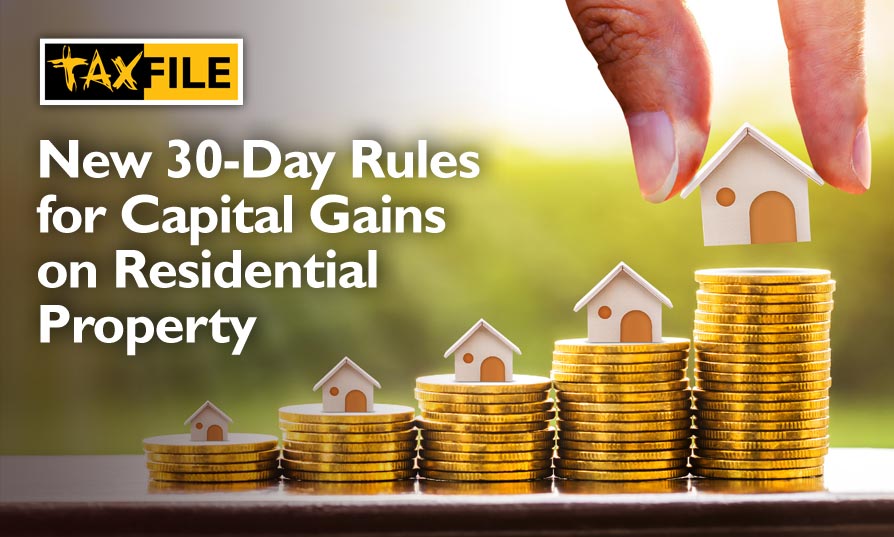
New rules have now come into force in relation to capital gains made on disposals of UK residential property*. Several key actions are now required if a taxable capital gain has arisen, including some that now need to be made fast:
- Taxpayers need to report the property’s disposal within 30 days of the actual disposal;
- They will need to pay the estimated Capital Gains Tax (‘CGT’) to HMRC within 30 days of the disposal.
- Those who fill in and submit a Self-Assessment tax return will also need to include details of the disposal on their return.
Who Do the New CGT Rules Apply To?
The new rules apply whether you’re an individual, joint property owner, trustee, partner in a partnership or LLP, or a personal representative.
What Counts as a Residential Property Disposal?
The new rules apply to all UK residential property that was disposed of (taken as the date of the exchange of contracts) since 6 April 2020 inclusive, where a capital gain was made that will require payment of CGT.
To fall within the rules, a UK residential property must be one that:
- is suitable for use as a dwelling, or;
- is being built or adapted for use as a dwelling.
It can be one in which the the owner has never lived or has lived for only part of the period they owned it. It can also be a rental property or a holiday home.
Where a property has been used for mixed purposes, only the capital gain that’s equivalent to Read more
Have You Received an Annual Return/Confirmation Statement Reminder?
/in Accountancy, Accountants, Annual Return, Confirmation Statement, Directors, Dulwich, Limited companies, Tulse Hill/by Taxfile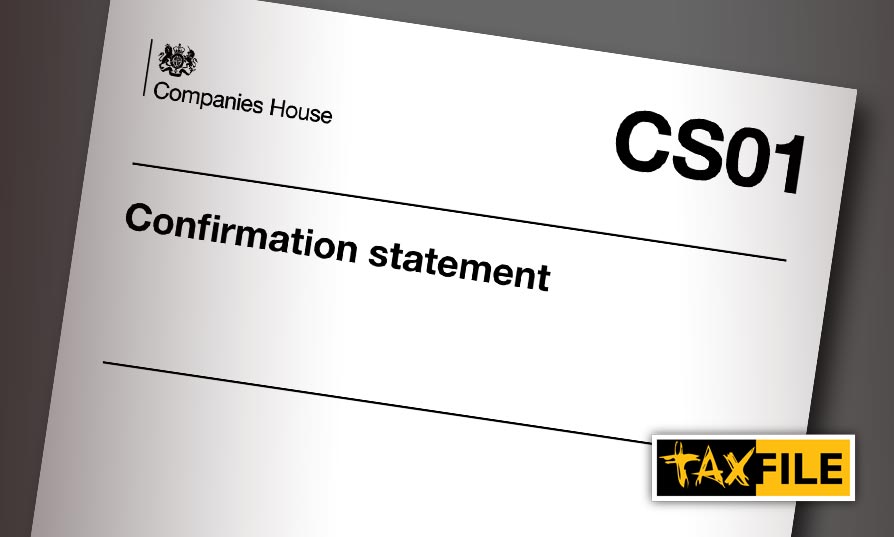
Please do not ignore the yearly e-reminder/letter, from Companies House, to submit the Annual Return/Confirmation Statement for your Company.
Hi — I’m Eveline and I am the administrator/coordinator of the Limited Companies business team and this is one problem that we come across too often at Taxfile.
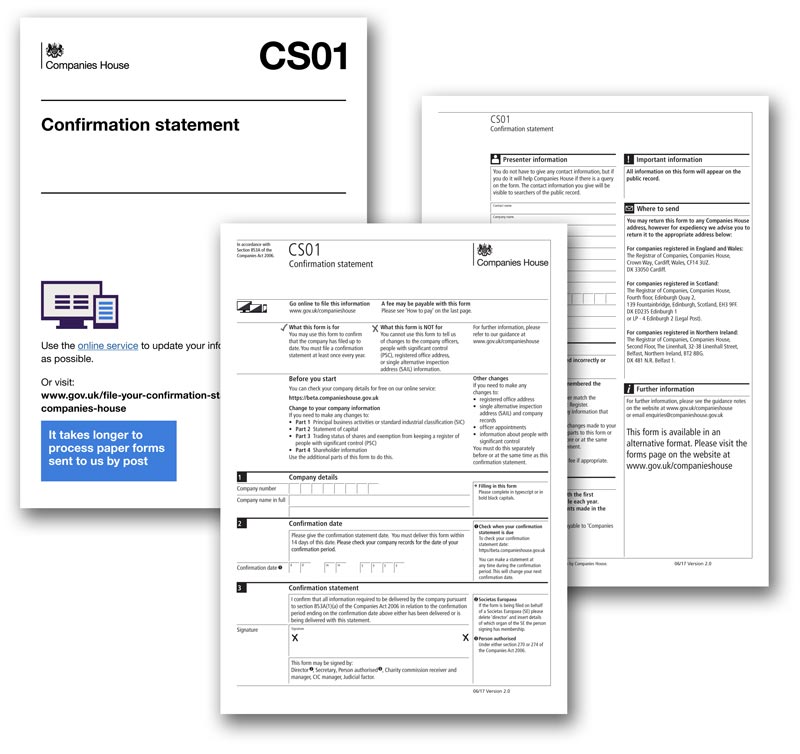 As a Director, you just need to confirm once a year that there were no changes to the company and, if there were any, you can update them via the annual Confirmation Statement. Taxfile will help and send you a reminder — and we can submit the statement for you if you wish. Either way, please do make sure you submit the confirmation statement to Companies House online and in time.
As a Director, you just need to confirm once a year that there were no changes to the company and, if there were any, you can update them via the annual Confirmation Statement. Taxfile will help and send you a reminder — and we can submit the statement for you if you wish. Either way, please do make sure you submit the confirmation statement to Companies House online and in time.
If ignored, Companies House will start Strike Off action some time after the statement becomes overdue. If you ignore their further communication, they will dissolve your company after two months of publishing in the First Gazette. This would result in your bank sending you notice that the business bank account has been frozen and your assets will stay with the Government.
Taxfile is able to restore your company and help retrieve the money, but this is quite a long and costly process that could so easily have been avoided. So, please don’t forget to submit the Annual Return/Confirmation Statement in due time each year, or arrange for Taxfile to do so for you. Call 020 8761 8000 or contact us here and we’ll be happy to help with anything to do with tax, accountancy, bookkeeping, VAT or anything else to do with limited companies.
This post was brought to you by Eveline at Taxfile.
Harnessing Technology at Taxfile
/in 2021, Accountancy, Accountants, Accounts, Bookkeeping, Buy to let, Cab drivers, Capital gains tax, CGT, CIS, Construction Industry Scheme, Dulwich, Furnished Holiday Lettings, IHT, Income tax, Landlords, Lettings, Lettings income, Limited companies, Limited company, London, Partnership, Self-employed, Sole traders, South London, Tax, Tax accountants, Tax advice, Tax advisers, Tax refunds, Tax returns, Tulse Hill, VAT/by Taxfile
The rapid pace of technological change has caused some of the biggest shifts in how we view and process our tax returns. At Taxfile, we’re constantly striving to use technology as effectively as possible to aid us in collecting, analysing, and collaborating when working on your personal data.
Over the pandemic, we’ve had to place our reliance even further on technology to maintain our standards, with regular meetings online. We’re constantly improving the efficiency of our work pipeline and, with the ability to pull figures directly from online bank statements, we can ensure precision in the numbers we present you with. For the last two years, we’ve implemented cloud technology as both a collaborative tool between our senior and junior staff and as storage for various databases used to track everything from employee working hours to the status of your tax return. We’re expanding further on this concept in collaboration with Pure Technology by merging our existing cloud systems with our current remote work solution to form one, all-encompassing workspace environment. Hosting it in the Microsoft Cloud ensures that, with the help of our office staff, your paperwork and bookings can be sent to and viewed by your tax agent as soon as possible. This and a variety of other endeavours are examples of our ambitions to be at the forefront of innovations, and constant review of our policies ensures we remain ahead, or on track, to meet the standards set by Making Tax Digital (MTD) for its 2023 launch.
Contact South London’s Favourite Accountant
Taxfile can help you with all your tax or accountancy requirements. We offer Read more
Faiz from Taxfile – Helping the Community with Tax Problems
/in Accountancy, Accountants, Accounts, HMRC, Landlords, NI, NIC's, P60, Partnership, PAYE, Self-assessment, Self-employed, Subcontractor, Tax, Tax advisers, Tax affairs, Tax agents, tax experts, tax rebates, Tax refunds, Tax return, Tax returns, Taxes, Taxfile, Tulse Hill/by Taxfile
Hello; I’m Faiz Mazloumiar. I have been working for Taxfile since May 2005, mostly doing tax returns for subcontractors, self-employed individuals, partnerships and landlords. I specialise in helping clients who, for whatever reason, have fallen behind in their tax affairs, assisting in making disclosures to HMRC whilst trying to minimise the penalties imposed on them over the years. I always aim to put our customers first by calling HMRC to try to cancel recent years’ penalties, then I submit any outstanding tax returns. When I submit the tax returns I also do an appeal for older years’ penalties to be revoked. In many cases HMRC accept my appeals and clients get their money back for anything they have had to pay. I am always fighting for my clients and I have been known to battle on behalf of them for over a year.
I also help many people in our local community who are on PAYE but perhaps do not know if they are paying the right tax and NI contributions. It is a little like charity work. When people from the local community bring in their P60, I will check it and give them advice on how to contact HMRC and ask for a refund if they have overpaid. When new clients come with any problems, they are usually very stressed and anxious and sometimes don’t understand the intricacies of the UK tax system. We aim to help them with their tax problems, so they can leave us feeling relieved and a little happier. When I help clients they trust me and I have grown my client base only through recommendations. It is very exciting and satisfying for me to be able to help my clients and community as a whole.
Contact Taxfile, South London’s Favourite Tax Accountants
For any tax- or accountancy-related needs, contact us. We’d love to help! Call Faiz direct on 020 8655 7891 or speak to our main switchboard on 020 8761 8000. Alternatively message us your tax-related query here. We also offer a free 20-minute introductory appointment and this is available in person, through a video call (Zoom, Teams etc.) or via telephone — whichever you prefer. We are accountants and tax advisors in Tulse Hill and Dulwich, South London.
This post was brought to you by Faiz at Taxfile.
Are you self employed? Advice from Taxfile
/in 2021, 2022, Accountancy, Accountants, Accounts, Advice, Class 2 NICs, Dulwich, expenses, National Insurance, South London, Tax returns, Tulse Hill/by Taxfile
Are you self employed? If so, Joe from Taxfile has some quick advice for you:
Class 2 National Insurance
It is important to register for Class 2 National Insurance. A lot of people don’t have this set up correctly and, if not sorted, then it can greatly affect your pension in the future. Class 2 National Insurance isn’t a lot of money, so speak to one of our advisors to make sure you’re set up. Finding out missing years is also possible.
Tax Returns
Try to file your tax return early. A major benefit to this is knowing what your tax liability will be long before it is due. That way, you can plan ahead or even set up a payment plan.
If you are filing your return late, then it is very important to try to get up to date as soon as you can. Apart from the initial £100 penalty for late returns, you will eventually end up paying a £10 per day penalty too if you don’t get up to date soon enough. That can soon spiral out of control. HMRC is very good at helping people who are struggling, but they can’t help if you bury your head in the sand. Penalties for late tax returns can be appealed but you must have very a good reason, like illness or death in the family.
Are you claiming the right expenses?
Speak to one of our agents about allowable expenses. A lot of people don’t claim the right expenses and can end up overpaying their tax. We can help with that, so you save unnecessary tax.
Contact Taxfile
Speak to Taxfile for any of your tax needs. Our staff skills are so versatile that, between us, there is nothing accounting- or tax-related that we can’t help with.
Call Taxfile on 020 8761 8000 or email your tax-related query and we’ll be happy to help. We also offer a free 20-minute introductory appointment if you’d like to meet us in person or virtually through a video or telephone call — whatever you prefer. We are accountants and tax advisors in Tulse Hill/Dulwich South London.
This post was brought to you by Joe at Taxfile.
PAYE, 2021/22 Tax Thresholds, Employment Allowance & P800s
/in 2021, 2022, Accountancy, Accountants, Accounts, Bookkeeping, Dulwich, Employment allowance, FreeAgent, Higher rate tax payers, Income tax, Limited companies, London, NI, NIC, NIC's, P800, Pay-as-you-earn, PAYE, Payroll, Personal allowance, Sage, Software packages, South London, Tax, Tax accountants, Tax advice, Tax advisers, Tax bands, tax rebates, Tax refunds, Taxfile, Tulse Hill, VAT, Xero/by Taxfile
My name is Daniel and I have been a part of the Taxfile family since 2007. It started as a part-time job doing bookkeeping, but as time went on, I developed new abilities and a deeper understanding of the tax world. PAYE, VAT, and Company Register are now my areas of expertise.
I understand how complicated the tax world is, so here are a few PAYE things to consider:
Understanding the tax thresholds for 2021-2022
PAYE is calculated based on how much you earn and whether you are eligible for the personal allowance.
- Standard Rate: PAYE income tax is charged at 20%, less a personal allowance of £12,570, this is signified by tax code 1257L.
- Higher Rate: For most, income over £50,270 to £150,000 is charged at 40%.
- Additional Rate: Income above £150,000 is charged at 45%.
What is the Employment Allowance?
The Employment Allowance allows certain businesses that employ workers to reduce their annual National Insurance (NI) bill by up to £4,000 (for the 2021/22 tax year).
Eligible businesses can claim a reduction against their employer’s Class 1 NI liability up to a maximum of £4,000 each tax year. You can still claim the allowance if the liability was less than £4,000 in a tax year.
You can’t claim if you’re a company with only one employee paid above the Class 1 National Insurance Secondary Threshold (£8,840 for the 2021/22 tax year, up from £8,788 for the 2020/21 tax year) if that employee is also a director of the company.
How will I know if I haven’t paid the right amount of PAYE?
HMRC will send out a P800 tax calculation form after the tax year ends on 5 April, which you should receive by the end of November. This will show how much tax is due to be refunded, or is owed for previous years.
Another significant aspect of Taxfile is that it works with a wide range of accounts software (Sage, QuickBooks, Xero, FreeAgent, VT, Forbes, Moneysoft, and so on) and can accommodate everyone. These are just a few examples, but if you need assistance with any area of PAYE, VAT, or other types of tax, Taxfile and the team are here to help. Call Taxfile on 020 8761 8000, book a free appointment (in-person and phone or video call options are available) or simply message us your tax-related query and we’ll be happy to help. We are accountants and tax experts in South London.
This post was brought to you by Daniel at Taxfile.
Peace of Mind from Using an Experienced Tax Team
/in 2021, Accountancy, Accountants, Accounts, Advice, Bookkeeping, HMRC, Income tax, London, Self-assessment, SME, Sole traders, South London, Tax accountant, Tax accountants, Tax advice, Tax advisers, Tax agents, tax experts, Tax return, Tax returns, Taxes, Taxfile, Tulse Hill/by Taxfile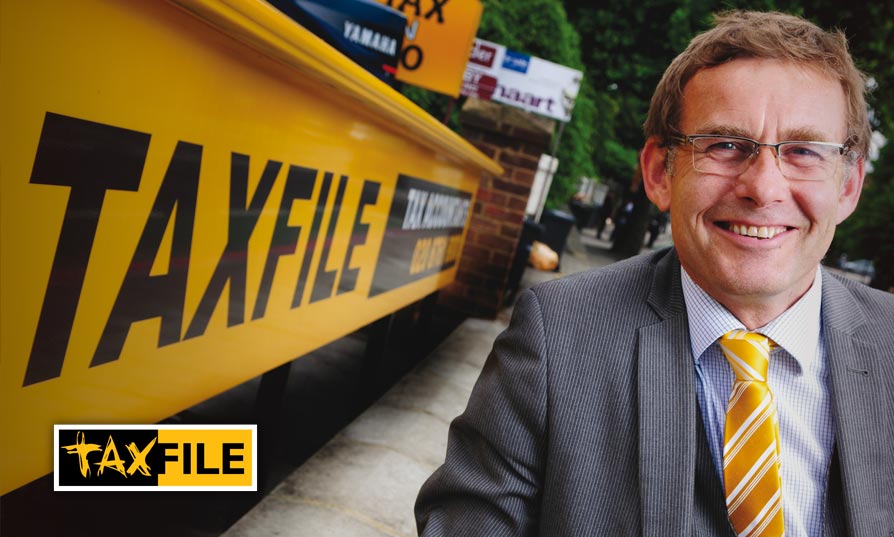
When using Taxfile, you are using an experienced team that will make dealing with your tax affairs seamless. A lot of clients start by coming into our office stressed and overwhelmed, not knowing where to start. Using your current position and needs, we plan a step-by-step approach to keep you on top of your affairs and the relationship between you and HMRC harmonious. Once you are officially on board with us, we will have access to your HMRC record and, with our dedicated agent lines to HMRC, we’ll be able to speak to them on your behalf. This way, you are free from having to call them yourself and wait longer than we do for a call handler. You can also have any issues or queries explained to you in an easy to understand way by our friendly team. If you receive any letters that from HMRC and you don’t understand anything, we will be able to take a look for you and explain what it’s all about.
Any fee you pay Taxfile is tax deductible, so will be put on your tax return and result in a reduction of tax.
Our up-to-date knowledge of the tax system will give you peace of mind, alleviate any anxiety you may have and make the whole experience very different to how a lot of people find it when they are not using a team like ours. We know the best way to approach a tax situation that, without our experience and knowledge, could otherwise result in a lot more time and money being spent unnecessarily. From something as small as missing a tax return deadline, it can spiral into something a lot bigger, potentially including penalties, late payment interest, debt collection agencies being involved and so on. We inform all our clients of upcoming deadlines, for their particular tax situation, and let them know what needs doing and when, avoiding this situation and many more.
Unlike a lot of other companies, our tax experts and accountants are approachable, accessible and happy to help. We’re a unique tax advisor and accountancy practice like no other, with offices in Tulse Hill and Dulwich. We can help with any tax-related issues, including bookkeeping, filling in a tax return, limited company accounts, help accounting for property lettings, tax refunds and anything accountancy-related. Call Taxfile on 020 8761 8000, book a free 20-minute appointment with us (remote or in-person options available) or simply email us your tax-related query here.
This post was brought to you by Julie at Taxfile.
Tax “Payment Plans” are ENDING – Act NOW if you Owe Tax!
/in 2019, 2020, 2021, Accountancy, Accountants, HMRC, Income tax, Late return, London, payment plans, penalties, penalty, Self-assessment, Tax advice, Tax bill, Tax return, Tax returns, Tulse Hill/by Mark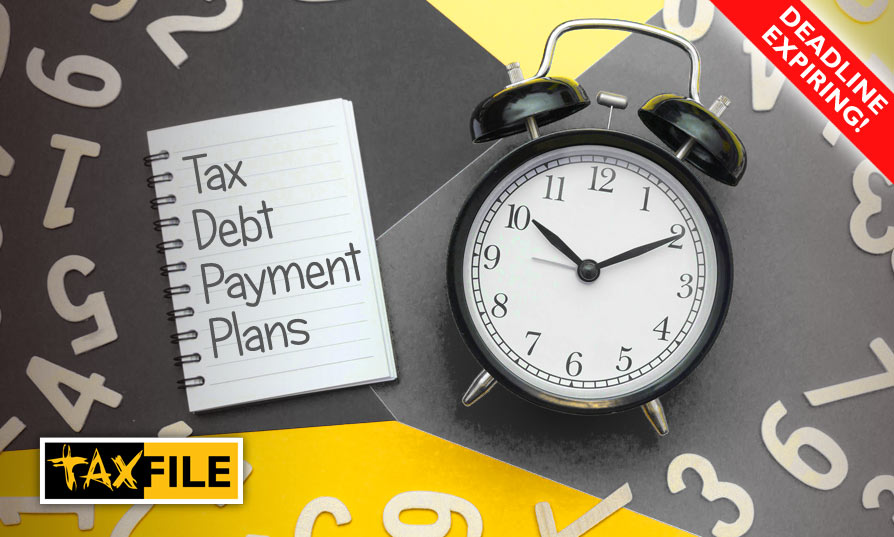
Are you late paying your tax? Do you owe unpaid tax for the last financial year, or earlier? Are you struggling to pay it?
Taxfile has recently been helping some of our customers with tax debts from 2019/20 and earlier. In particular, we’re helping them to arrange payment plans with HMRC as part of their ‘Time to Pay‘ scheme. This spreads the cost of those tax debts instead of paying them off in one go. This is really useful to those who are struggling financially following the pandemic. The new payment plans are only available until 1 April 2021, though, so really you should apply by 31 March 2021. Our advice is to act now if you are in a position to take advantage of the payment plans while they’re still — just about — available.
The benefits of arranging a tax payment plan now
Agreeing a payment plan with HMRC will help avoid the 5% late payment penalty that’s usually charged on outstanding tax not paid by the deadline. And, of course, spreading the cost helps those who might otherwise struggle to get together the full amount in one transaction. The HMRC interest rate seems relatively low too.
How Tax Payment Plans have gone so far
What we’ve found so far is that Read more
LATEST POSTS
OPENING HOURS
Monday: 9 am-6 pm
Tuesday: 9 am-6 pm
Wednesday: 9 am-5 pm
Thursday: 9 am-5 pm
Friday: 9 am-3 pm
Saturday: Closed
Sunday: Closed
Download our latest brochure:
CONTACT US
LONDON OFFICE:
Taxfile,
25 Thurlow Park Road,
Tulse Hill, London
SE21 8JP.
Tel: +44(0)20 8761 8000
Email: info@taxfile.co.uk


